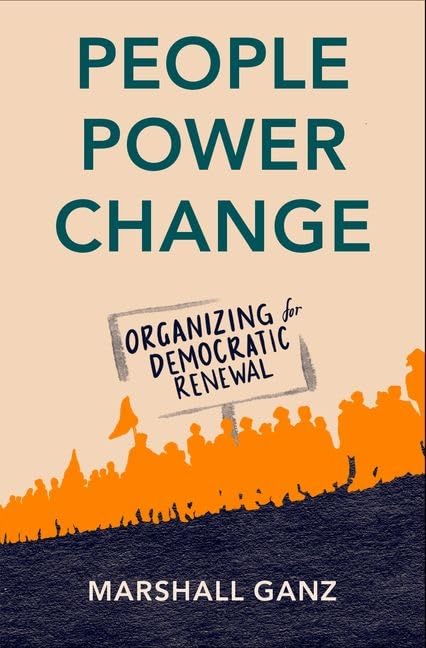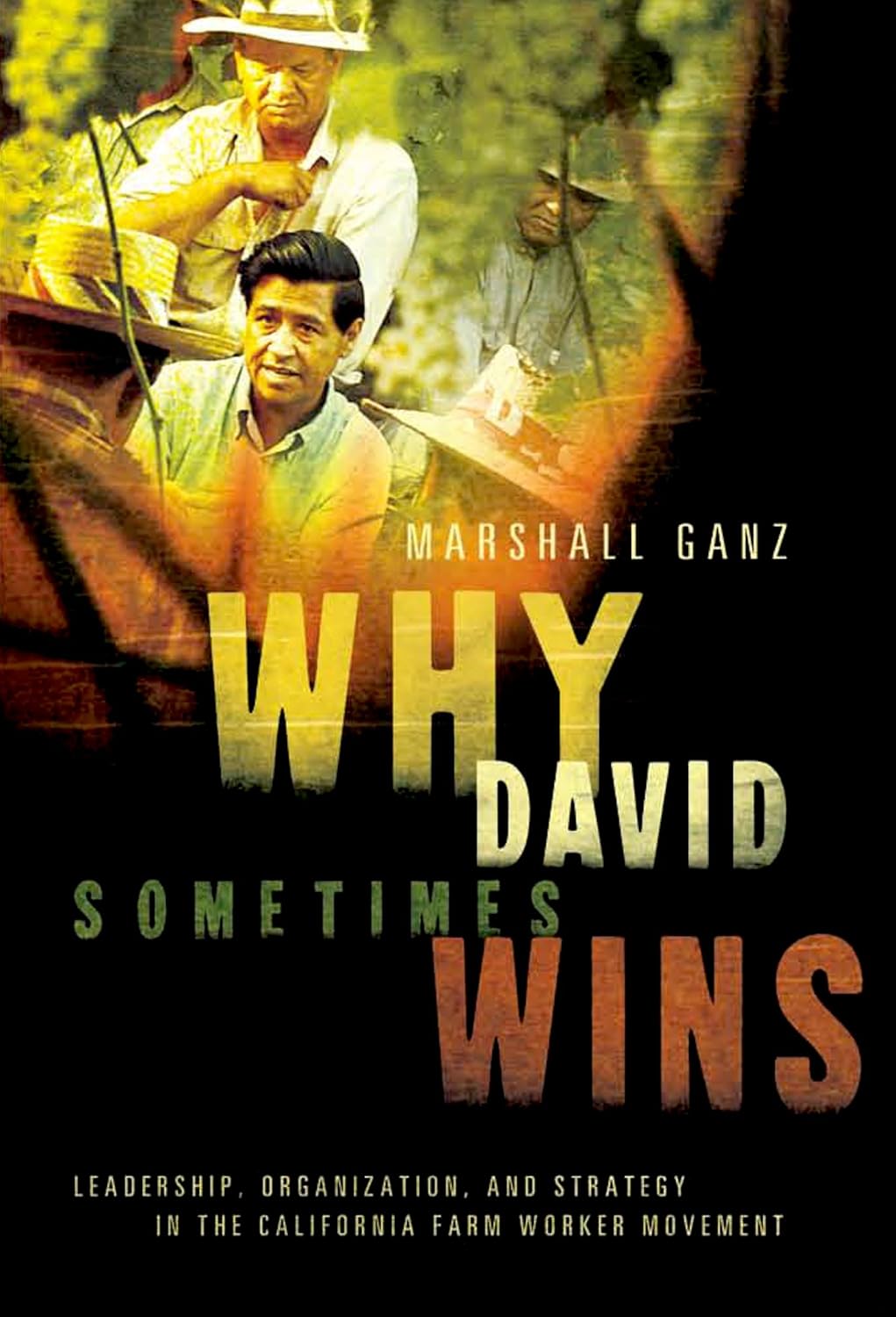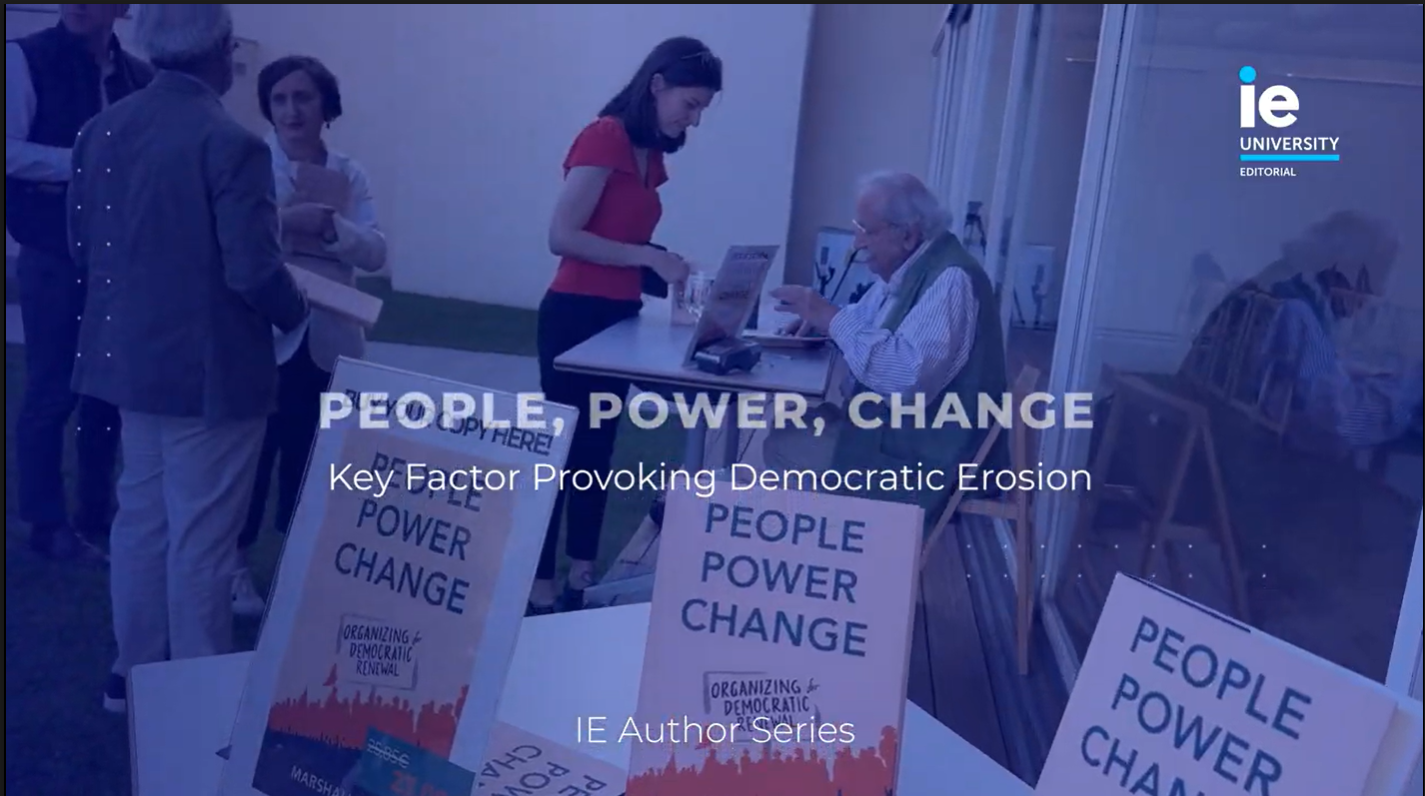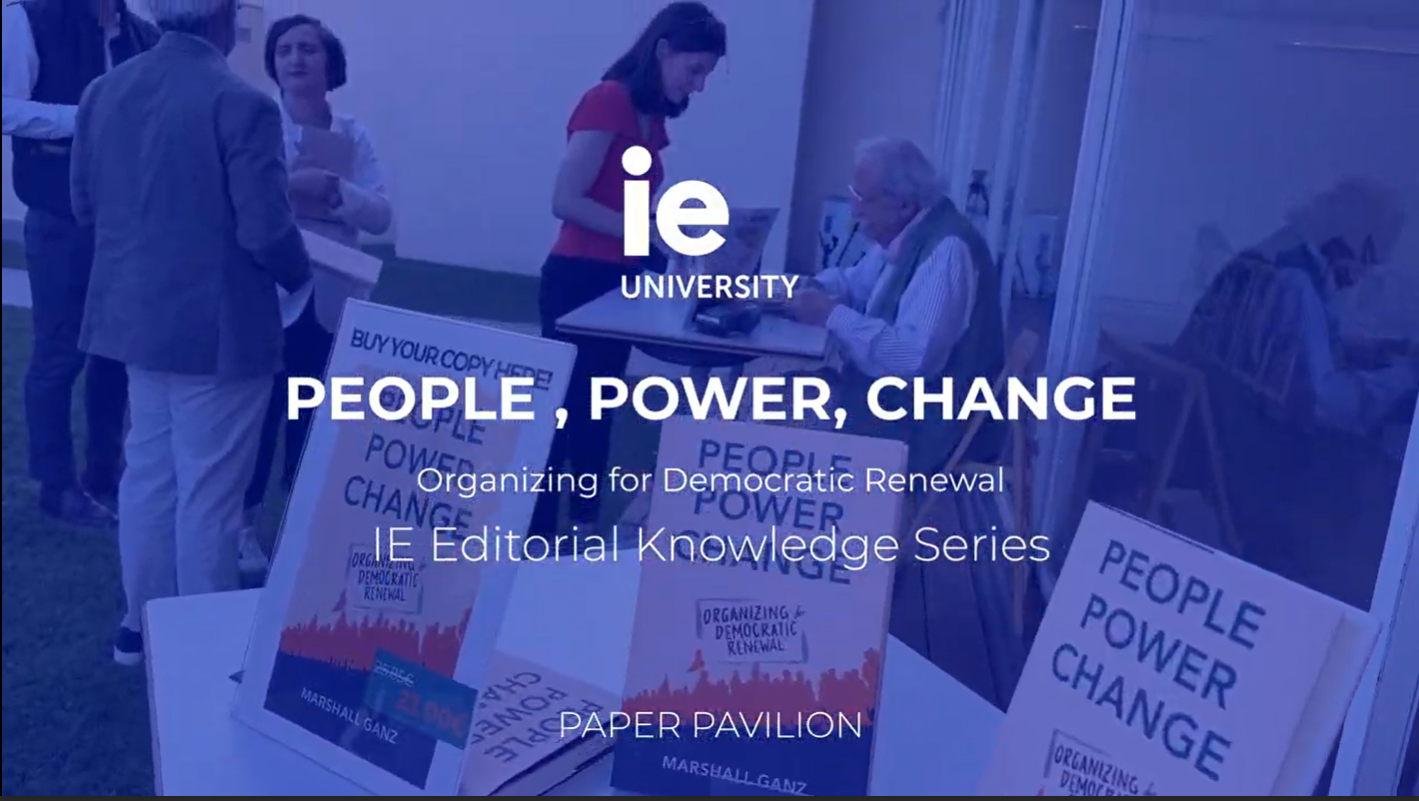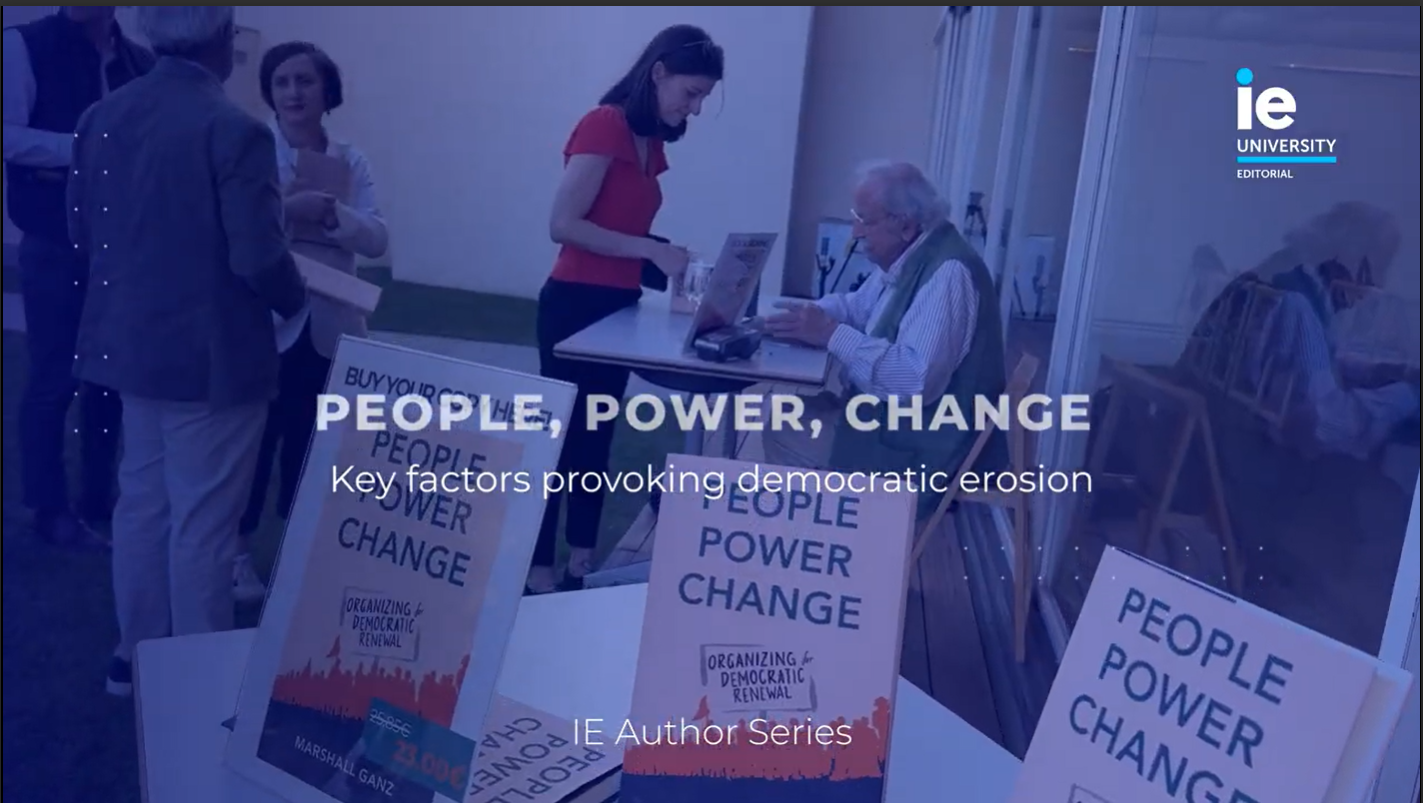Marshall Ganz is a renowned community organizer, educator, and senior lecturer at the Harvard Kennedy School, best known for his pioneering work on leadership, social movements, and civic engagement. Born in 1942 in California, Ganz’s path into activism began early—he left Harvard College in the 1960s to join the Civil Rights Movement, working alongside figures such as Martin Luther King Jr. with the Student Nonviolent Coordinating Committee (SNCC). His deep belief in grassroots empowerment led him to spend over a decade with César Chávez and the United Farm Workers, where he helped design successful strategies for union organizing and collective action.
After returning to Harvard to complete his degree and later earn his PhD in sociology, Ganz turned his practical experience into academic theory. He developed influential frameworks for understanding how people can mobilize collective power through storytelling, strategy, and leadership. His concept of public narrative—the idea that effective leaders connect “the story of self, the story of us, and the story of now”—has become a foundational tool for activists, educators, and organizations worldwide.
Ganz’s teachings emphasize that leadership is not about authority, but about enabling others to act on shared values in the face of uncertainty. His influence extends far beyond academia: his methods have shaped political campaigns, community organizations, and movements for climate justice, education, and human rights around the globe. Through both his scholarship and his activism, Marshall Ganz continues to inspire a generation of changemakers to see leadership as a practice of hope and collective agency.


